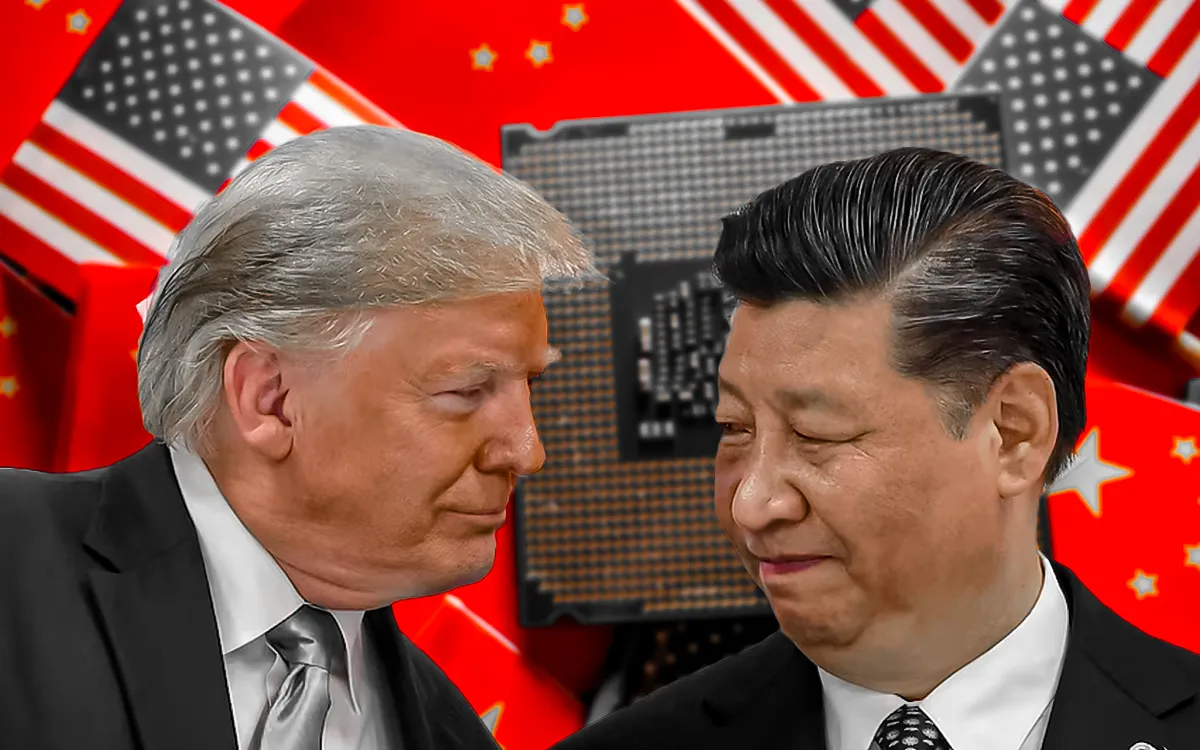
China's decision to halt exports of critical rare earth elements to the United States has the potential to disrupt supply chains in a variety of industries on a global scale. A potential shift in economic policy is indicated by the U.S. government's consideration of investing in Bitcoin with its gold holdings.
On April 4, 2025, Beijing imposed further export controls on six heavy rare earth elements and rare earth magnets, critical parts in the production of electric cars, aerospace, semiconductors, and defense hardware. Exporters have to apply for special licenses, but so far, the Chinese government hasn't put into place an operating licensing system, essentially bringing deliveries to a halt at most ports.
China's move is generally seen as a retaliatory act against President Donald Trump's recent imposition of additional tariffs on Chinese products. By using its dominance in the market for rare earth, producing 90% of the world's supply, China is trying to put pressure on the U.S. during rising trade tensions.
The suspension of rare earth exports has generated apprehension in U.S. industries that depend on the materials. The defense industry, for example, could struggle with obtaining components essential for sophisticated weaponry and systems. The electric vehicle and clean energy industries could also see supply chains impacted, which could impede production and innovation.
Experts caution that extended restrictions might result in higher costs and force companies to turn to alternative sources, which are not necessarily available or economically sound in the short term.
In a surprising development, the U.S. government is considering investing profits from its gold reserves to buy Bitcoin with the view of diversifying its financial holdings and improving economic resilience. The move is in line with the draft Bitcoin Act of 2025 that proposes that the U.S. buy a maximum of one million Bitcoins within five years by disposing of Federal Reserve gold certificates.
The move is part of a larger effort to position the United States as a dominant force within the digital asset space, potentially countering economic strains from trade tensions and supply chain risks.
The United States' possible investment in Bitcoin and China's export restrictions coincide, underscoring the shifting global economic power dynamics and the increasing interplay between traditional commodities and digital assets.
With all countries working to navigate these tangled developments, priority must be put on securing indispensable resources and welcoming technological progress. The consequences of these policies are likely to determine long-term developments in international commerce, economic equilibrium, and relations between nations.